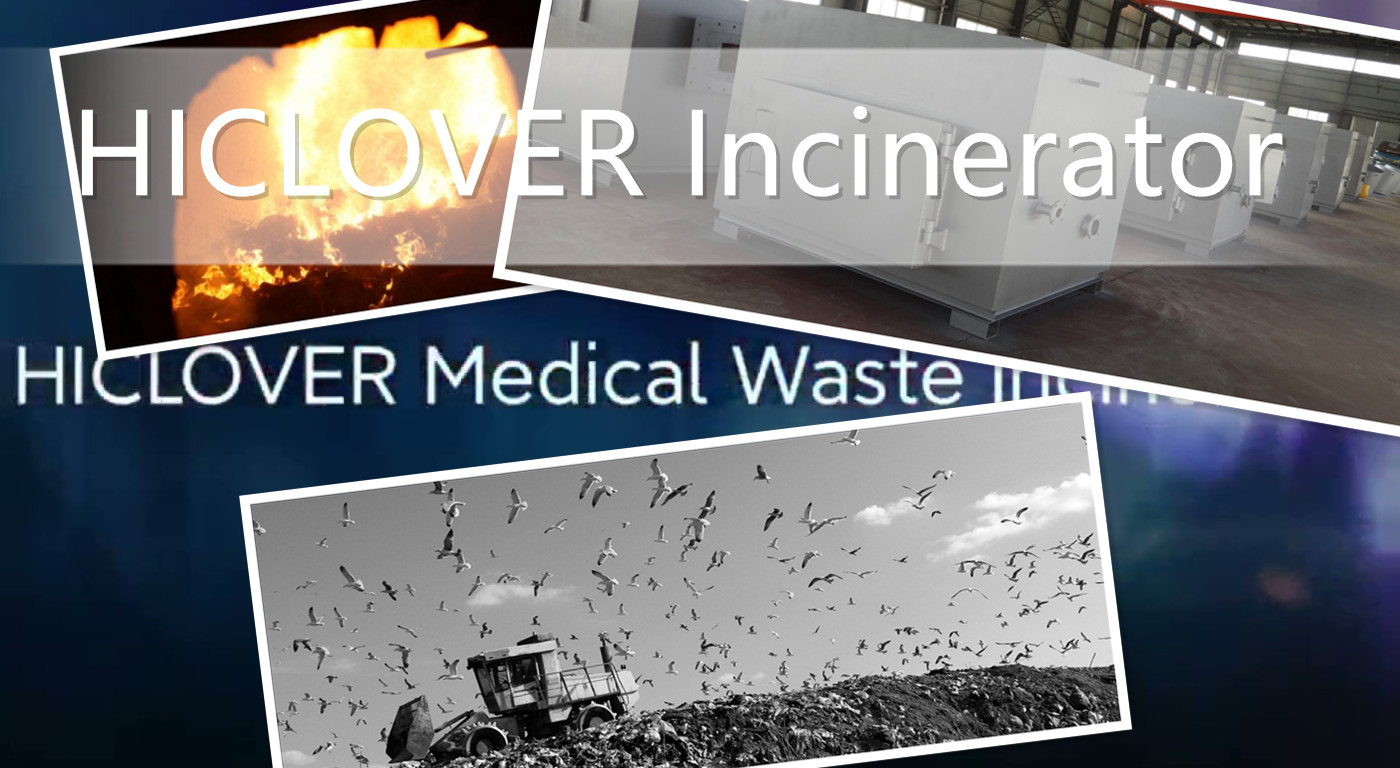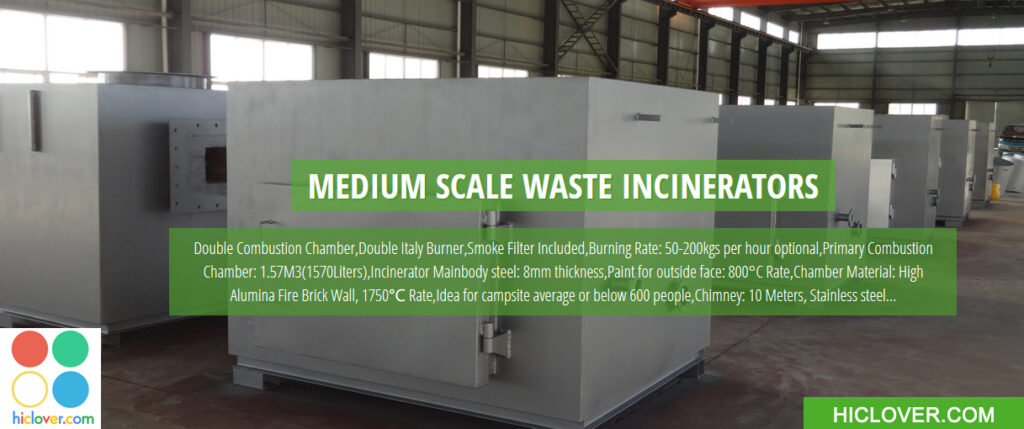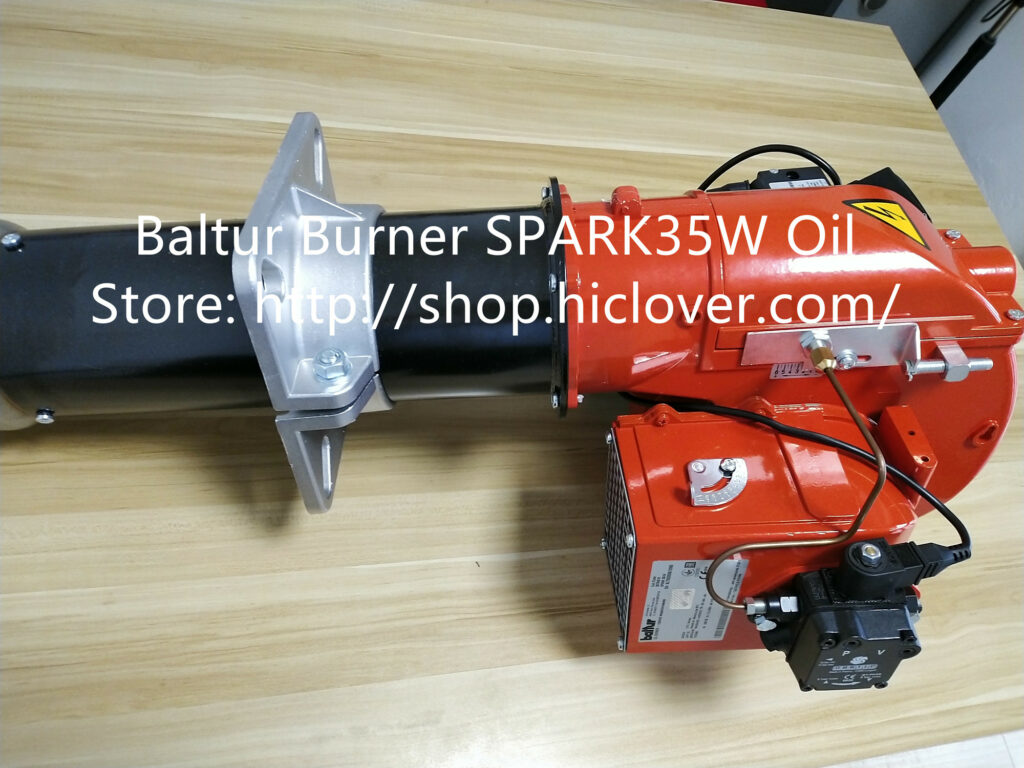In today’s world, waste management has become a pressing concern for both governments and businesses. As the population continues to grow and urbanization increases, the amount of waste being produced is also on the rise. This has led to an increased demand for effective waste management solutions, including incineration. In order to meet this demand, incinerator businesses must carefully plan and strategize their operations.
Strategic planning is essential for any business, but it is particularly important for incinerator businesses due to the sensitive nature of their operations. Incinerators are responsible for the safe and efficient disposal of various types of waste, including hazardous and medical waste. As such, the strategic planning of an incinerator business must take into account a wide range of factors, including regulatory compliance, environmental impact, and operational efficiency.
One of the key considerations in the strategic planning of an incinerator business is regulatory compliance. Incinerator businesses must adhere to a complex web of federal, state, and local regulations governing the handling and disposal of waste. This includes obtaining the necessary permits and licenses, as well as adhering to strict emissions standards. Failure to comply with these regulations can result in hefty penalties and damage to the business’s reputation. As such, incinerator businesses must carefully consider the regulatory landscape and develop strategies to ensure ongoing compliance.
Environmental impact is another important consideration for incinerator businesses. While incineration is an effective way to reduce the volume of waste and generate energy, it also has the potential to release harmful emissions into the air. As such, incinerator businesses must carefully plan their operations to minimize their environmental impact. This may include investing in advanced emissions control technology, conducting regular monitoring and testing, and implementing best practices for waste handling and disposal.
Operational efficiency is also crucial for the success of an incinerator business. In order to meet the growing demand for waste management solutions, incinerator businesses must operate efficiently and cost-effectively. This may involve streamlining their processes, investing in modern equipment and technology, and implementing best practices for waste collection and transportation. By optimizing their operations, incinerator businesses can not only meet the demand for their services but also improve their bottom line.
In conclusion, meeting the demand for incineration services requires careful strategic planning. Incinerator businesses must navigate a complex regulatory landscape, minimize their environmental impact, and operate efficiently. By addressing these challenges through strategic planning, incinerator businesses can not only meet the growing demand for waste management solutions but also position themselves for long-term success. With effective planning and execution, incinerator businesses can play a critical role in addressing the global waste management challenge.



